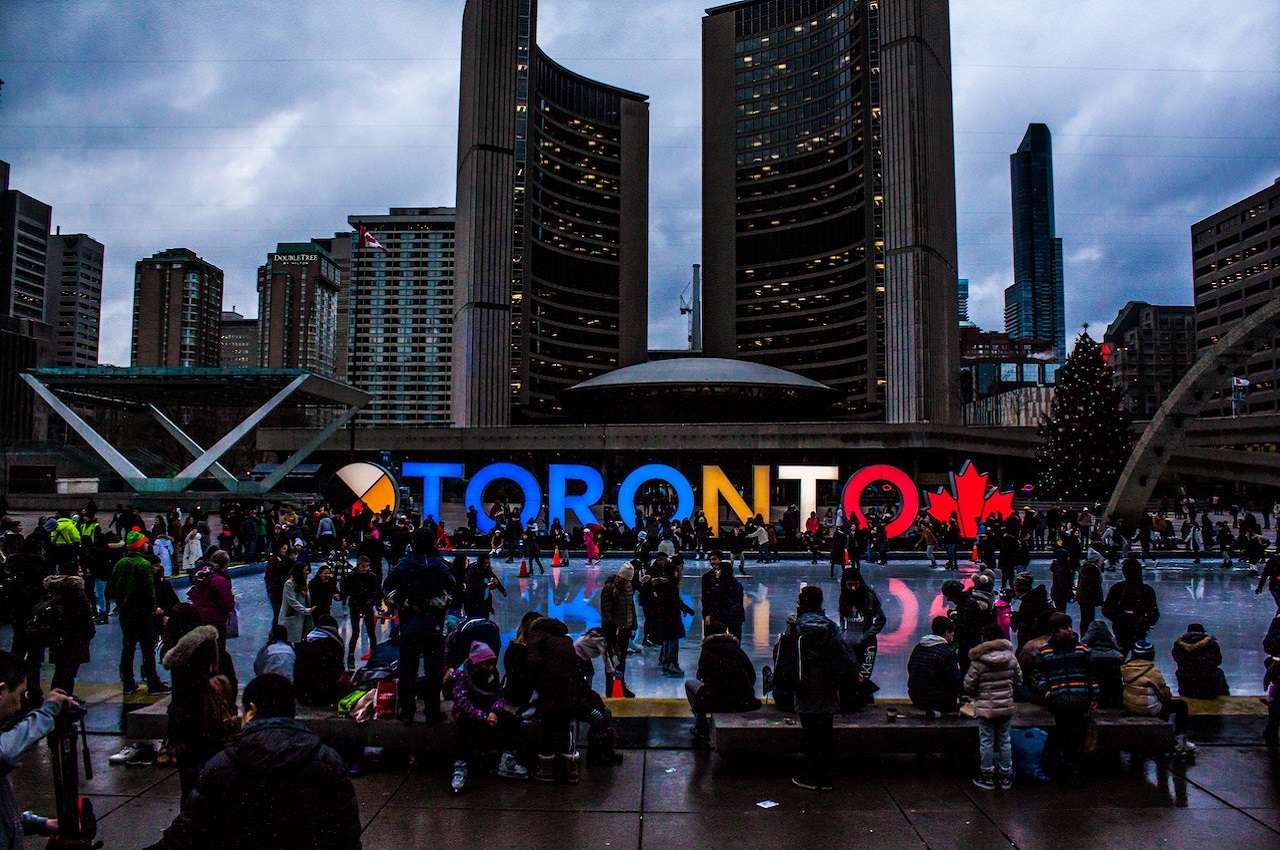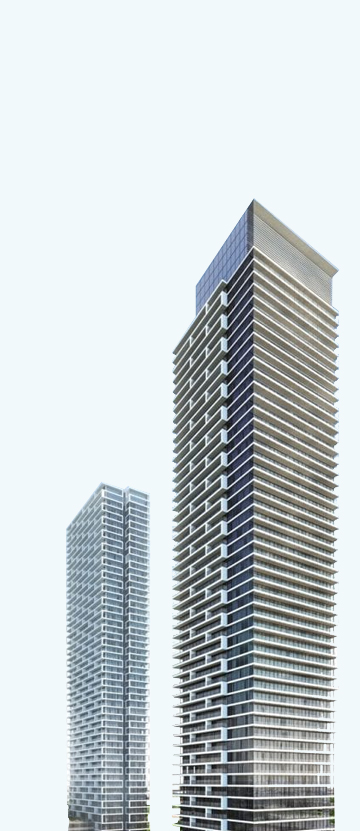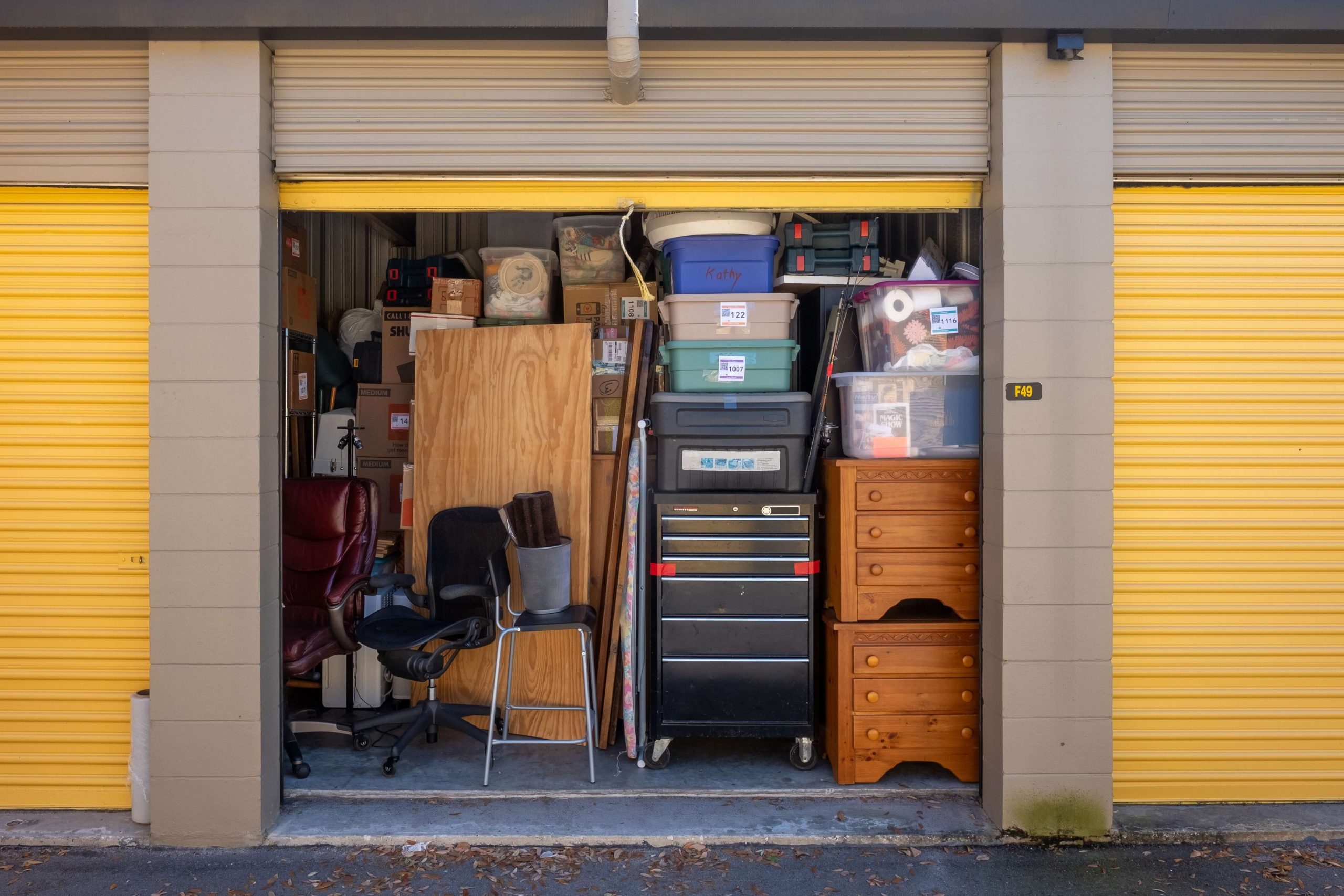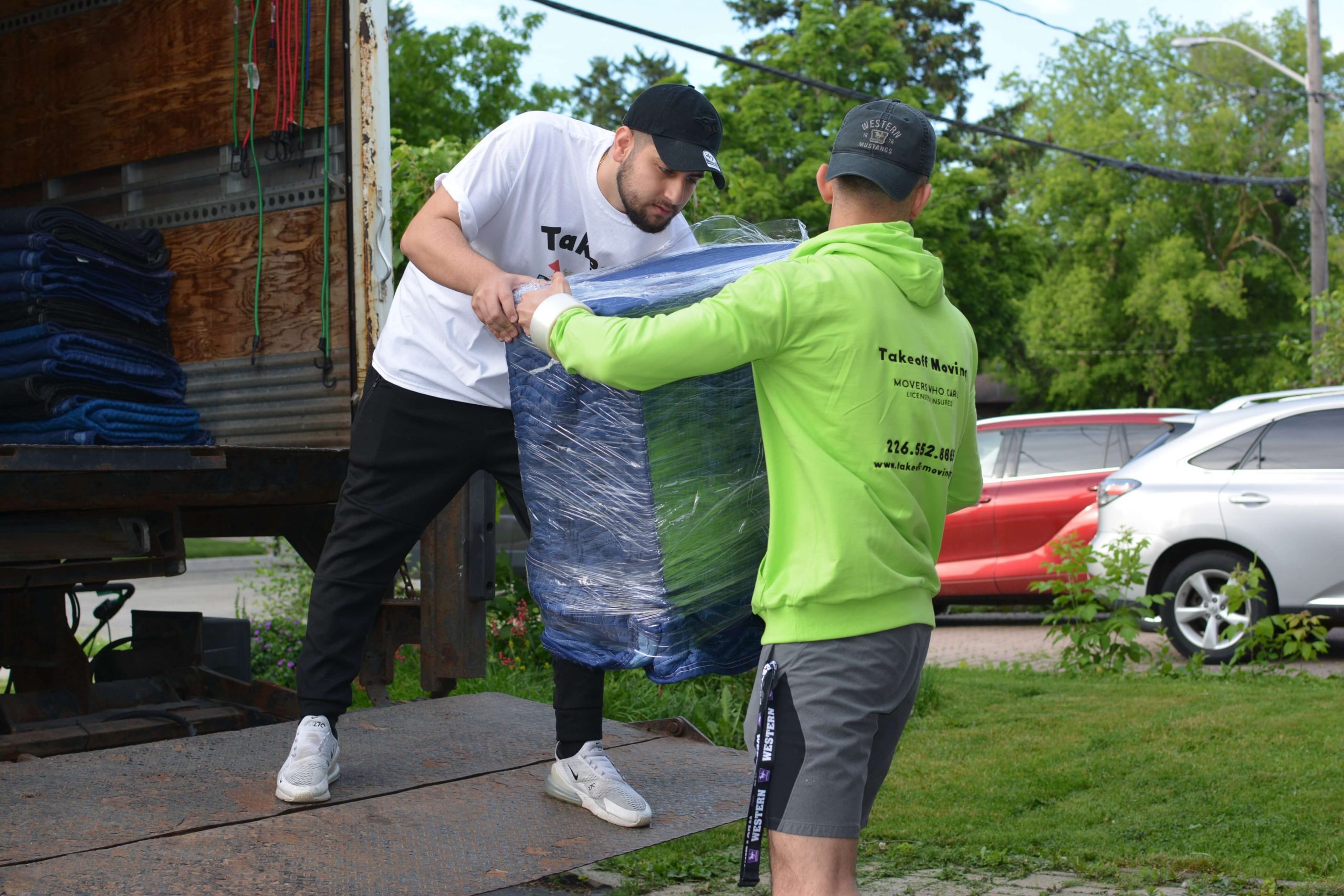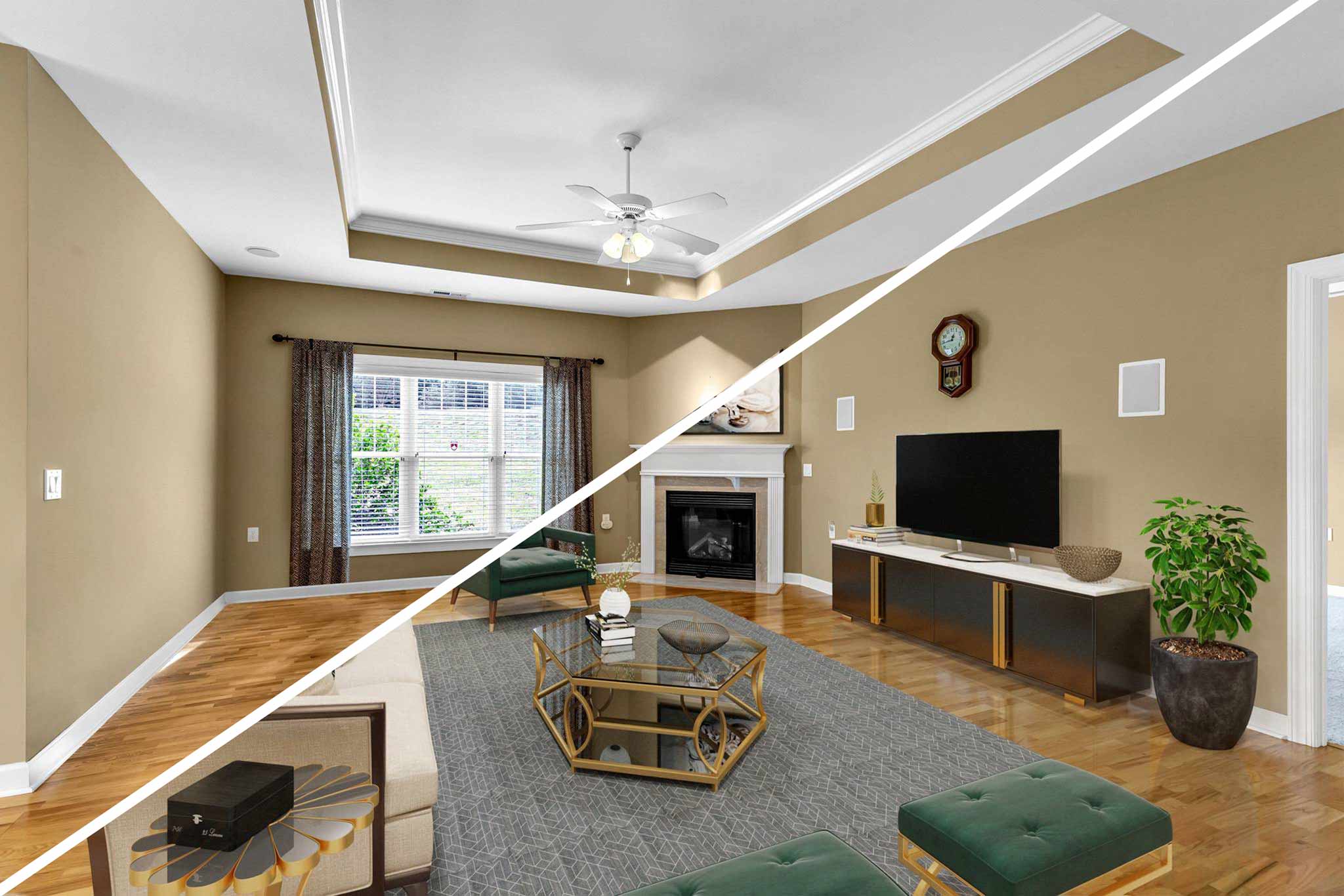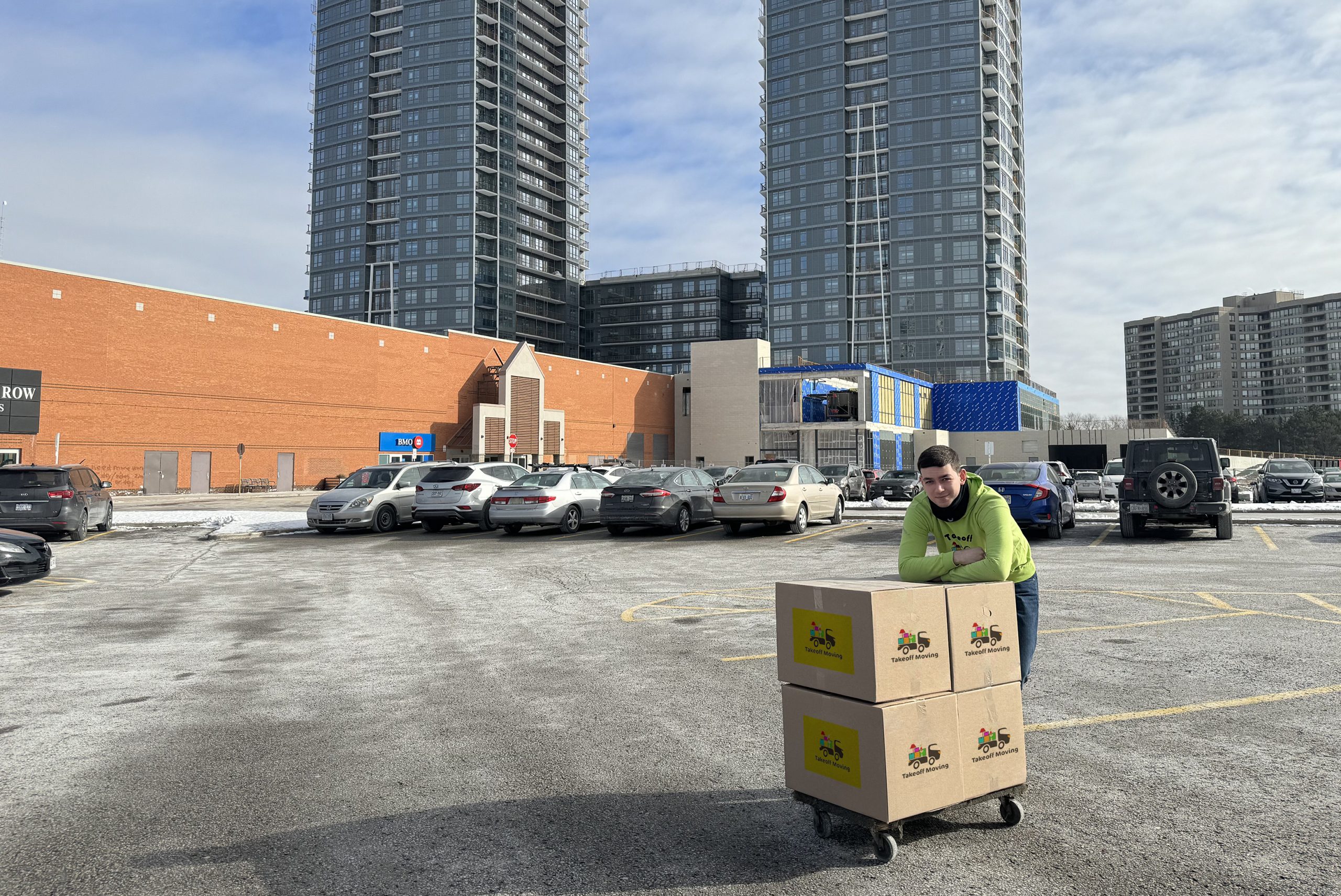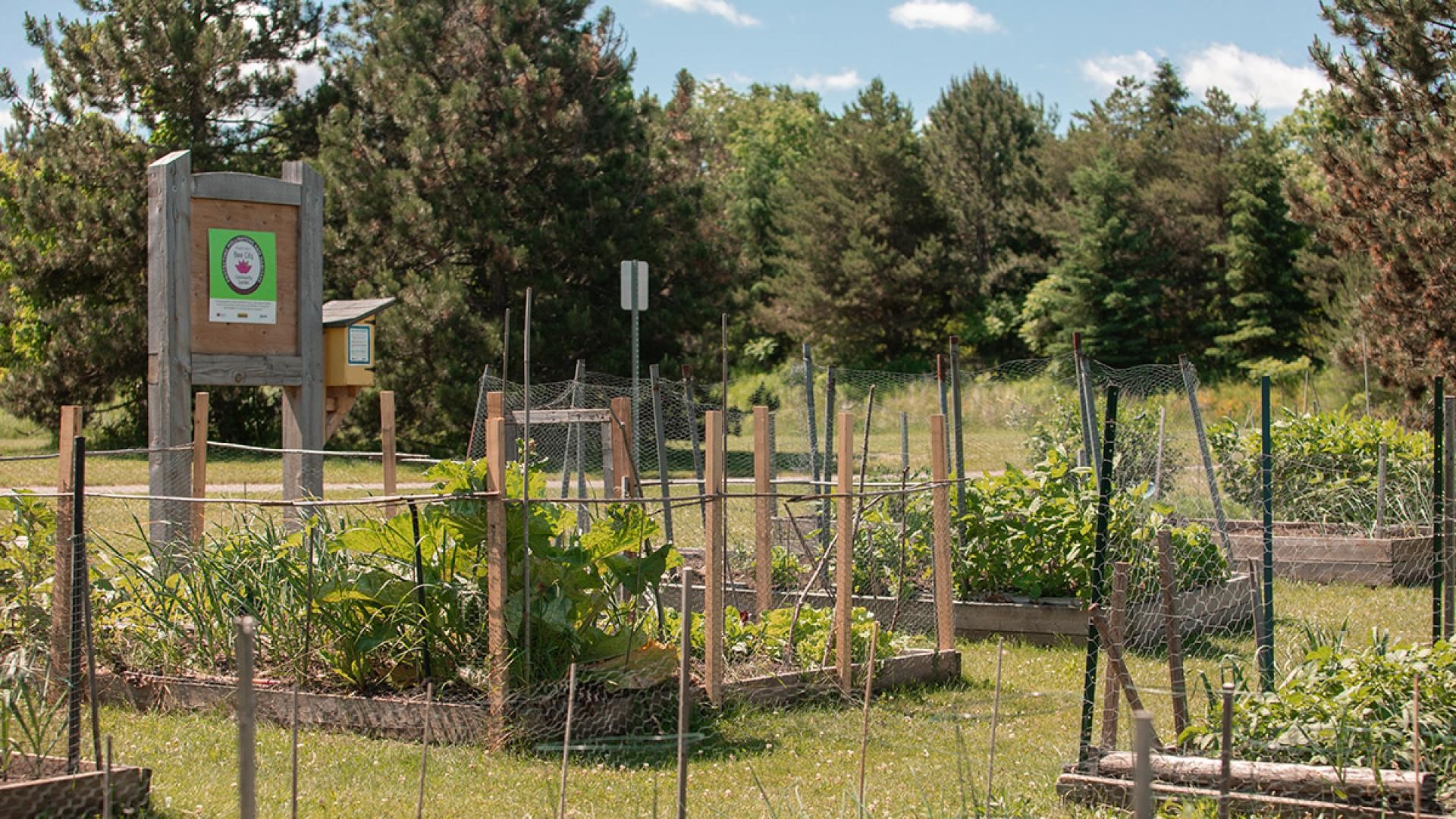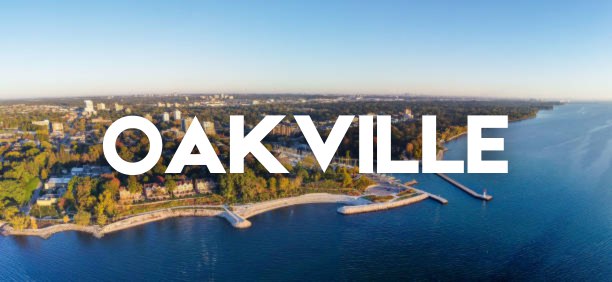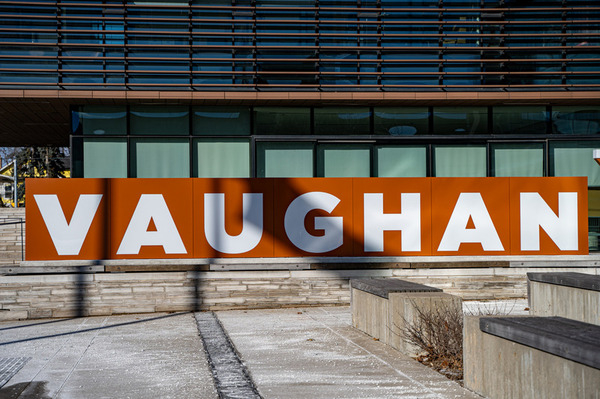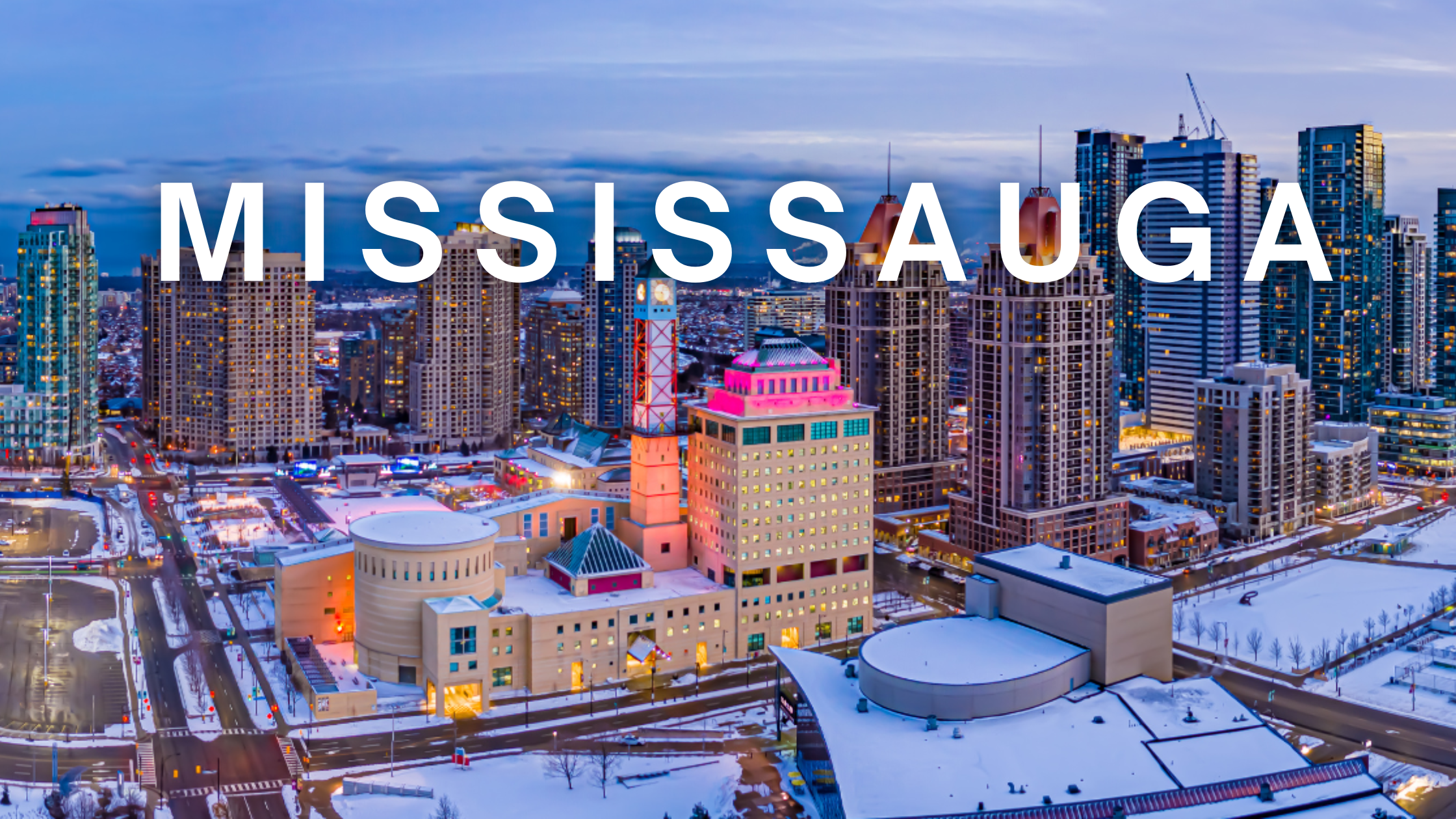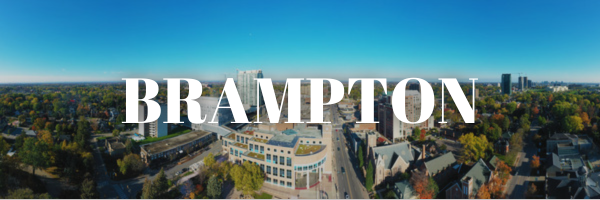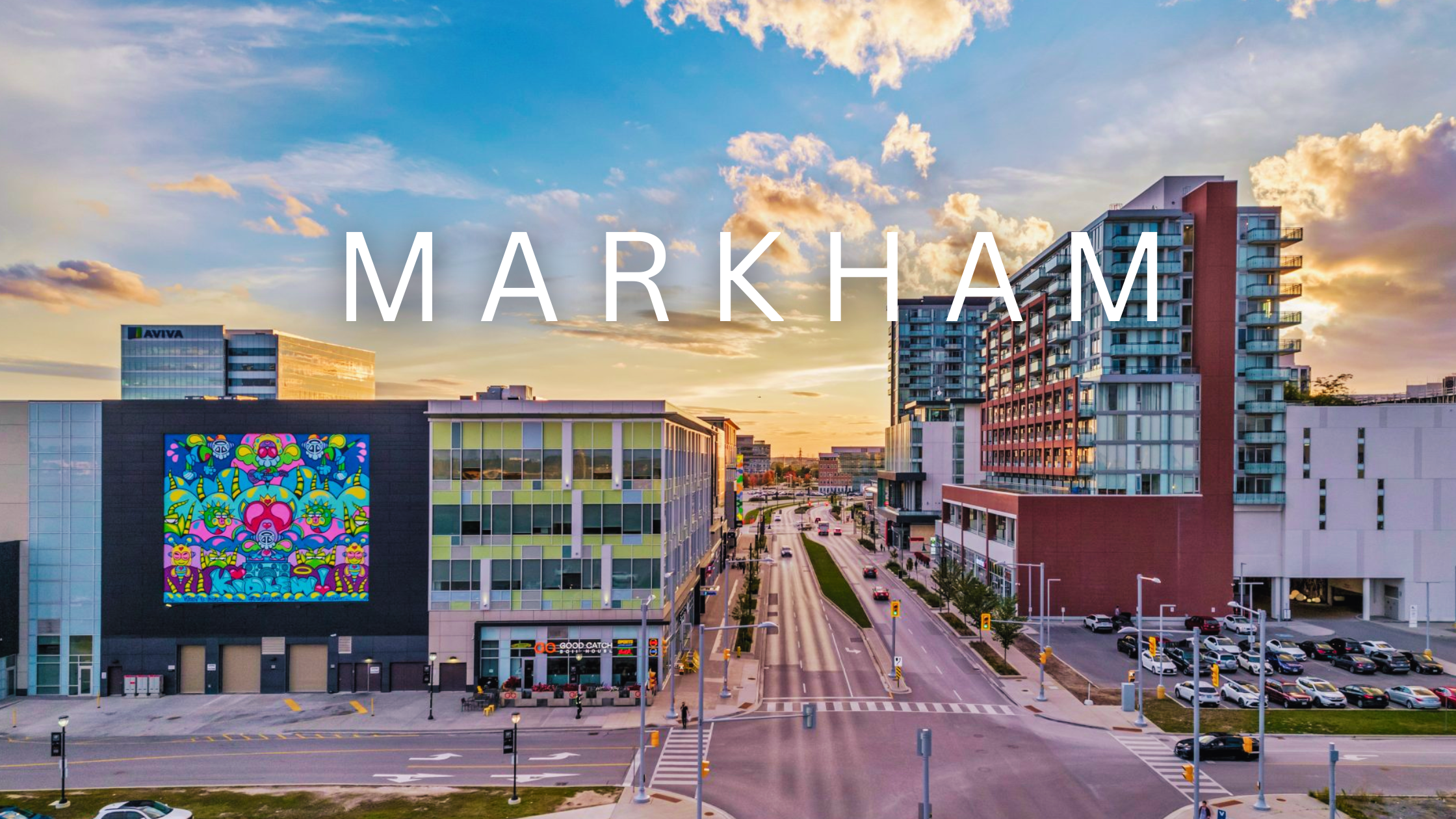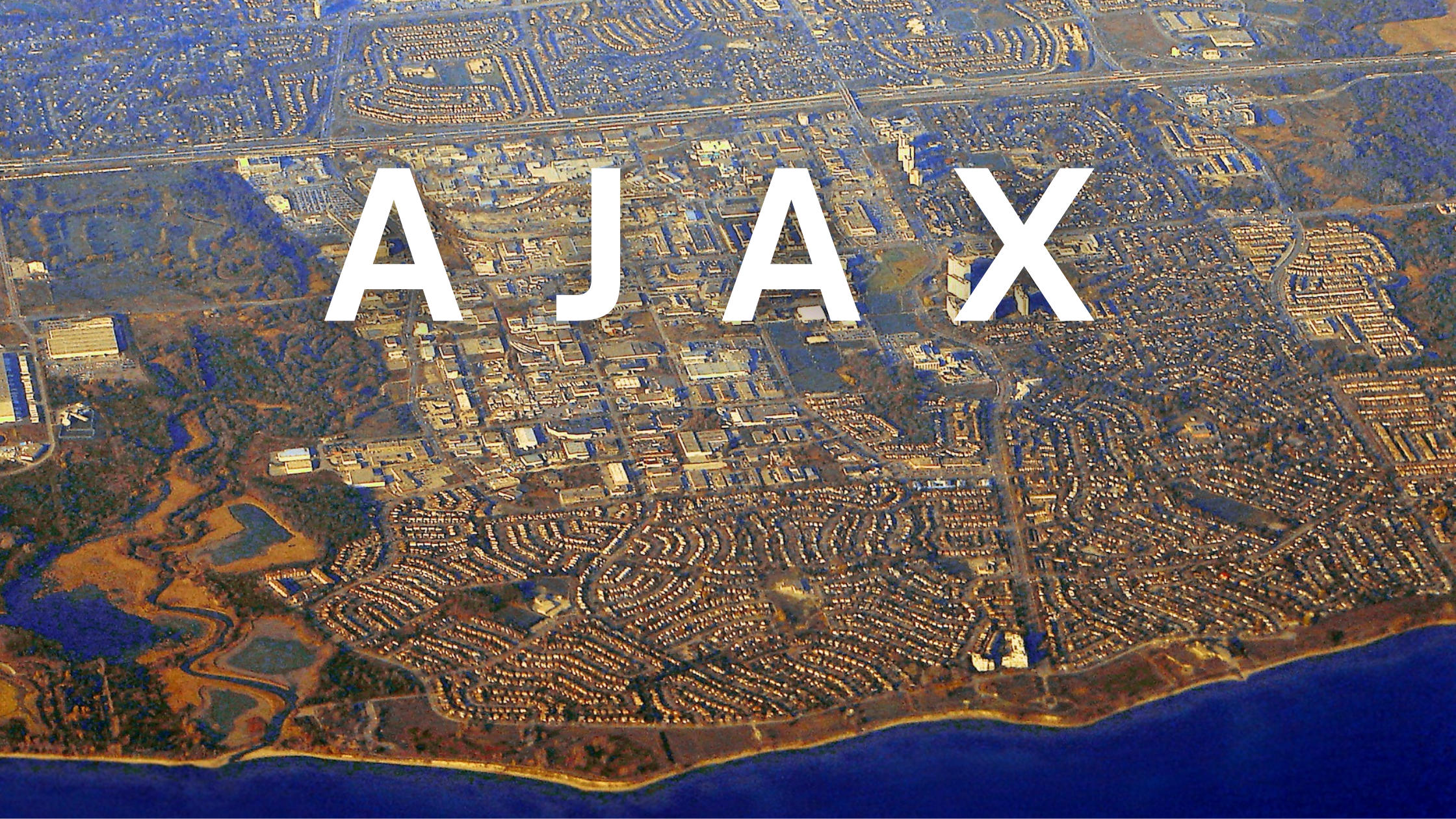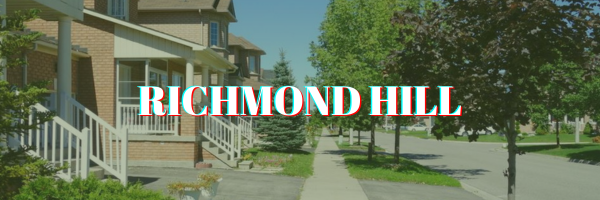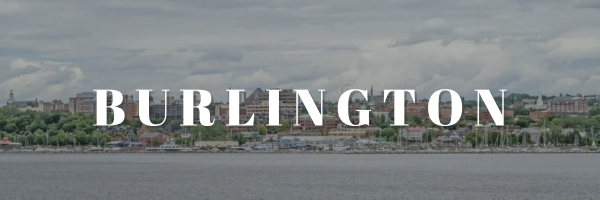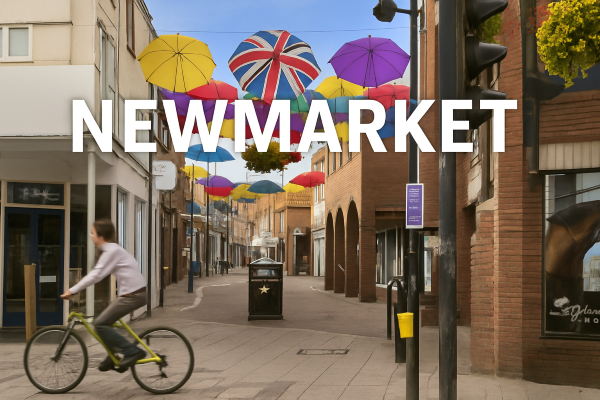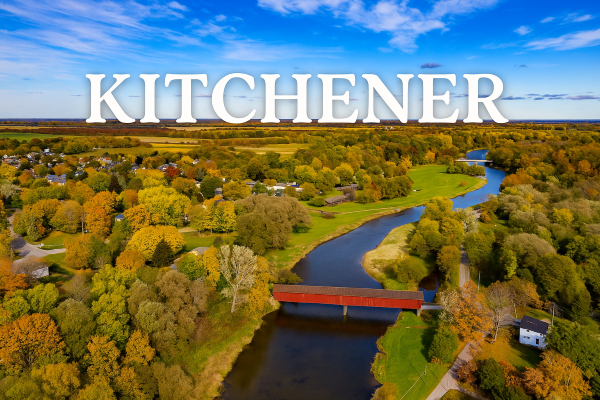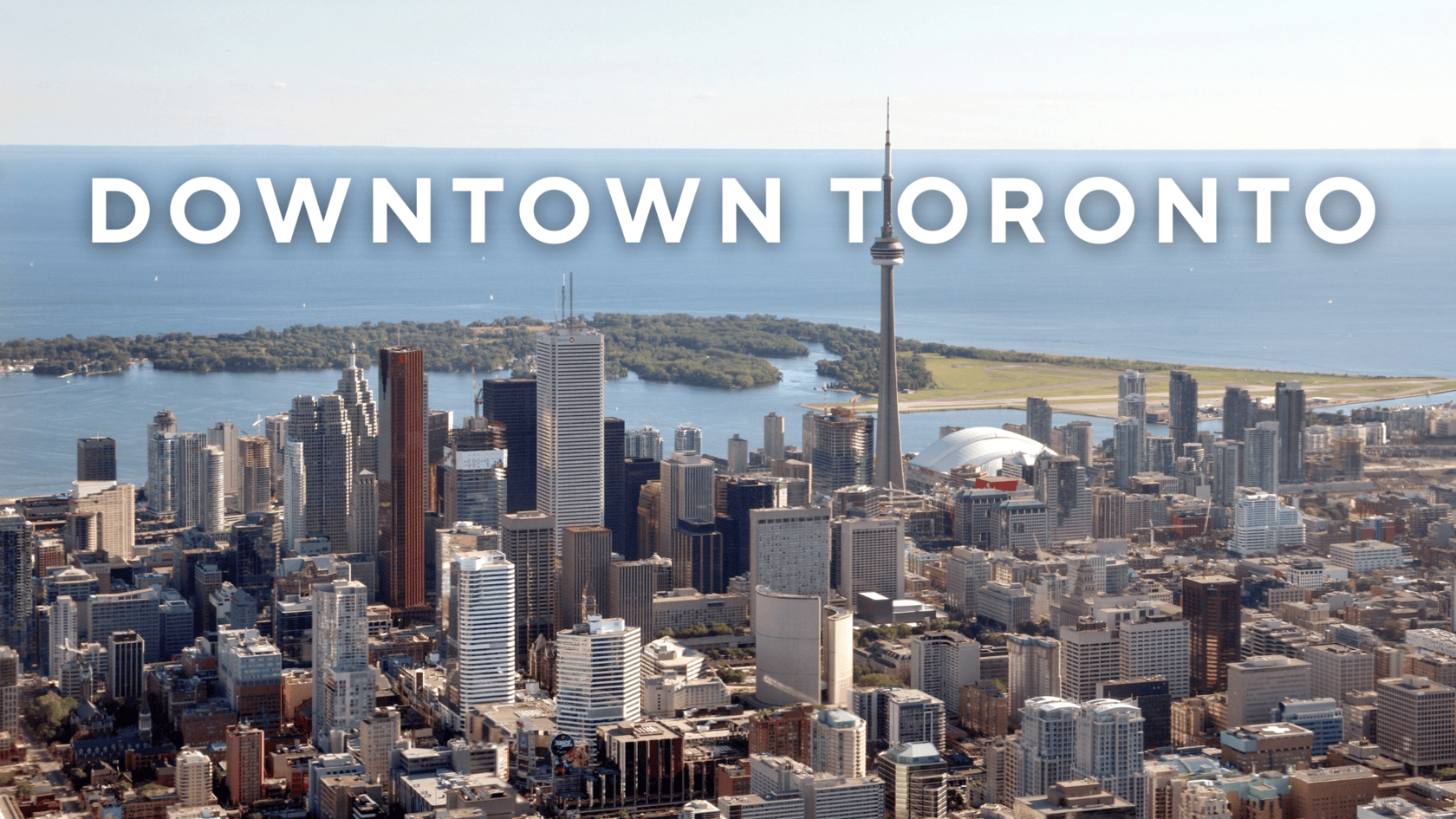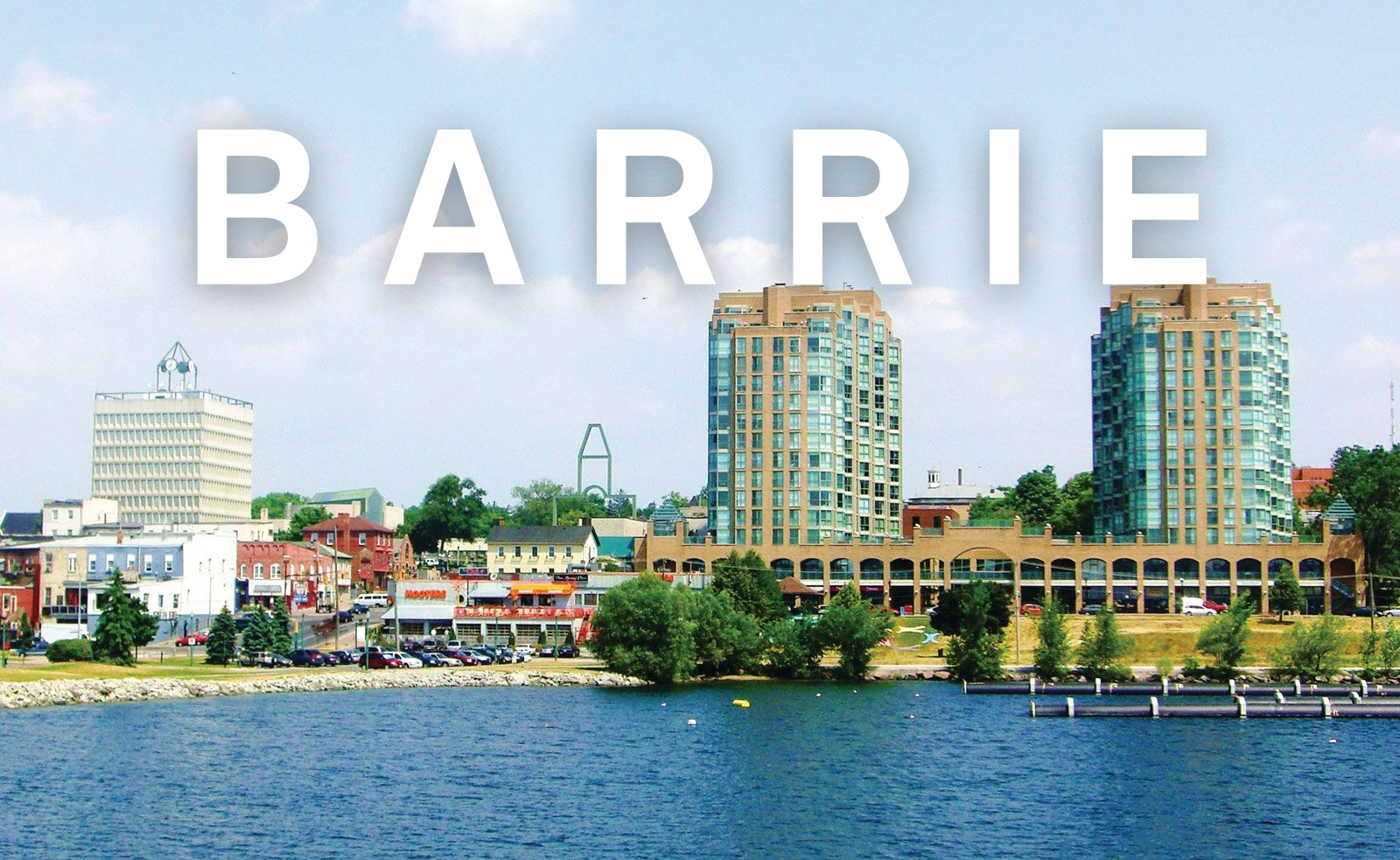
Is Barrie the Right Move for You in 2025? A Full Guide to Life, Cost, and Community
Thinking of moving to Barrie? Discover everything you need to know - housing, jobs, schools, cost of living, and more in this guide.
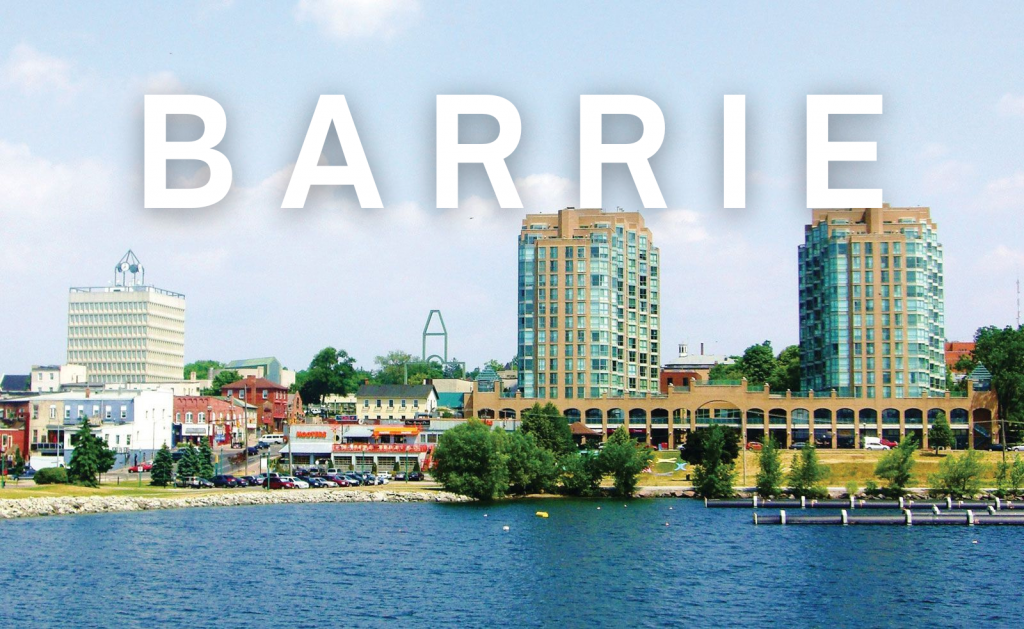
Why Barrie Might Be Your Next Best Move
Nestled between the serenity of Lake Simcoe and the rising pulse of Ontario’s economic corridor, Barrie isn’t just a place on the map—it’s a place to start over, start fresh, or start dreaming bigger. Whether you’re chasing more space for your growing family, escaping the stress of the GTA grind, or arriving from abroad with hopes of a better future, Barrie offers a rare balance: affordability, opportunity, and quality of life. But what’s it really like to live here? From housing prices and job prospects to education, healthcare, and lifestyle—this guide unpacks everything you need to know, with up-to-date data and real local insights.
Table of Contents
- Demographics
- Housing
- Neighborhoods
- Cost of Living
- Employment
- Education
- Healthcare
- Community Safety
- Parks & Recreation
- Relocation Tips
- Frequently Asked Questions
Demographics
TL;DR:Barrie’s population is diverse, with a growing number of young professionals and immigrants, offering a dynamic mix of cultural backgrounds.
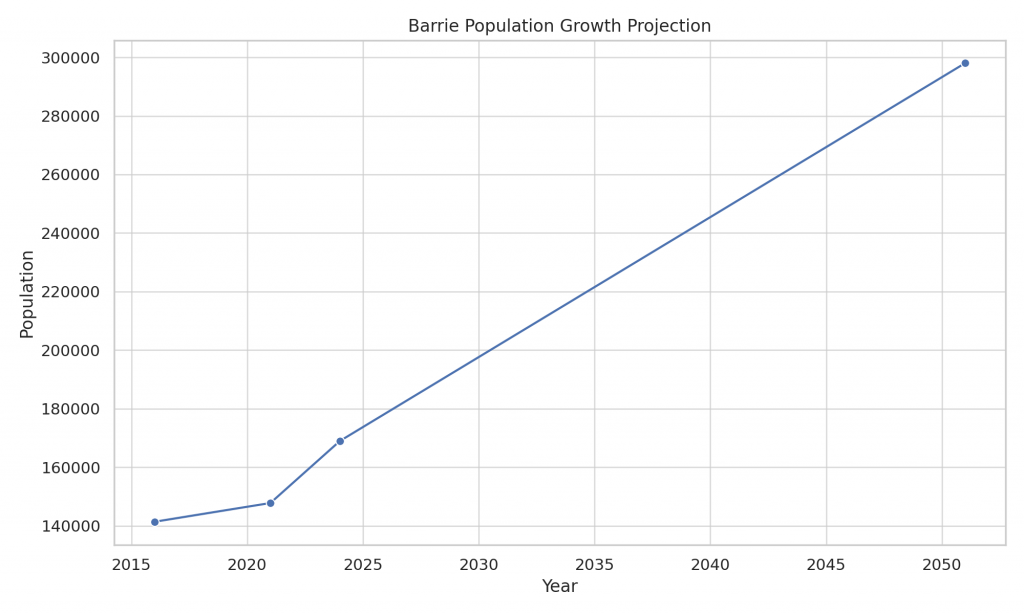
Barrie is a fast-growing city on Lake Simcoe with ~148,000 people (2021 census), roughly 169,000 by 2024, and an expected population of ~298,000 by 2051 (according to forecasts by investbarrie.ca). It has a median age of ~39 and attracts diverse newcomers (20%+ foreign-born source: citypopulation.de). Barrie’s population grew 4.5% between 2016–21 (according to a survey in www12.statcan.gc.ca), making it one of Canada’s fastest-growing mid-size cities. The city’s demographics are roughly 80% native English speakers, ~2% francophones and the rest speaking various languages (Punjabi, Urdu, Arabic, etc.). Median individual income was about $41,200 (2020), with median household income ~$93,000, reflecting a middle-income community that’s steadily attracting young families and professionals.
Housing, Home Prices, and Rent
TL;DR: Barrie’s housing market is hot – most homes sell quickly and prices are high. The average home price is roughly $750–800K (early 2024)blog.remax.ca, and around $807K in March 2025 for the wider Simcoe region. Rental rates are about $1,800–2,000 for a two-bedroom.
Barrie’s housing supply has not kept pace with demand, so it is currently a seller’s market. According to BDAR/CREA data, the average sale price in Barrie rose about 1.1% year-over-year (Jan–Jul 2024) to roughly $768,200, despite a drop in sales volume. By spring 2025, the Barrie-area average sale price was ~$807,260 (source: creastats.crea.ca). Monthly market reports show an average listing price around $720,000 (Apr 2025), with very low inventory and often multiple offers on desirable homes. Common housing types include detached single-family homes, townhouses, and more condo apartments (especially downtown and along the waterfront). Note that property taxes (City + Education) add about 1–1.2% of assessed value annually, and homeowners also budget for utilities and maintenance.
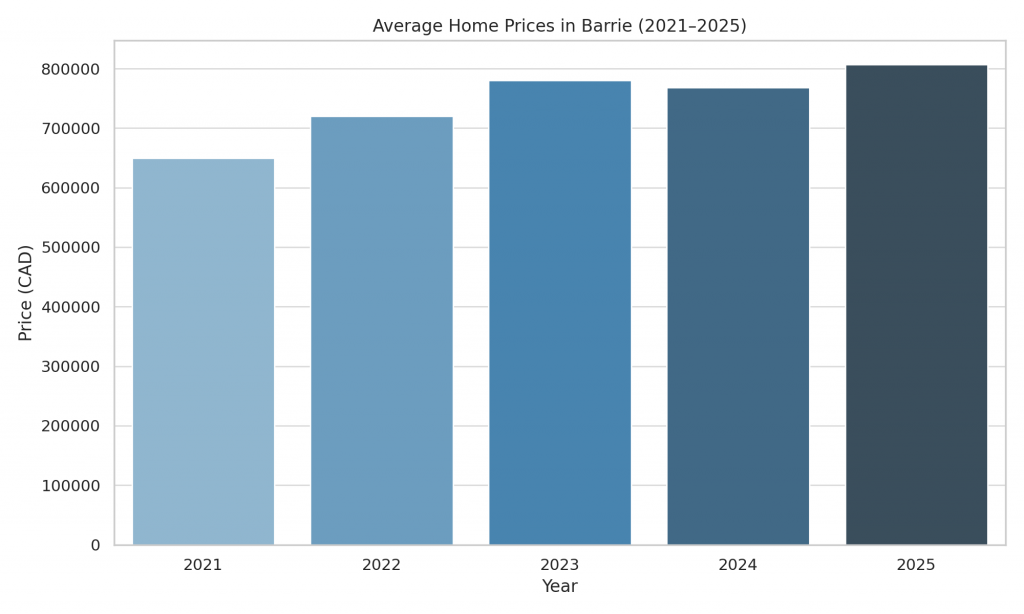
For renters, apartments and house rentals are in demand. As of April 2025, the median rent in Barrie was about $2,000 (all types). A one-bedroom apartment rents around $1,850 and a two-bedroom about $2,080 on average. Houses for rent run higher (often $2,500+). Vacancy rates are relatively low, so it’s wise to search early if renting. Overall, housing costs (purchase or rent) are significantly higher than the Ontario average, driven largely by the area’s popularity and growth.
Neighborhoods of Barrie
TL;DR: Barrie’s neighborhoods range from lakeside historic districts to newer suburban developments. Every area has its own character and amenities, from downtown’s waterfront to family-friendly suburbs.

Aerial view of Barrie, Ontario
- Allandale / Downtown: The historic core on Kempenfelt Bay (Lake Simcoe) with century homes, condos and townhouses. Great for walking trails, restaurants and cultural sites (e.g. MacLaren Art Centre, Meridian Place).
- East Bayfield / St. Vincent: Adjacent to downtown, near businesses and the University (WLU medical campus). Mix of older homes and new condo projects along the waterfront.
- Sunnidale / Mapleview North: North-central areas around Sunnidale Park and Terrace. Modern subdivisions and schools, with shopping plazas off Big Bay Point Rd.
- Holly / Grove: North-west Barrie near Highway 11 and Highway 400. Mix of condos, townhomes and single-family homes; close to Mapleview Centre mall and big-box retail.
- Ardagh / Rawson / Birdsall: Northeast sections are newer growth areas with many new housing developments (e.g. Bradford Forest, Ardagh Estates). Good access to commerce and schools.
- Painswick / Maddaugh: South Barrie neighborhoods (south of 400) with a suburban feel. Host to Barrie South Hospital, schools and parks; newer homes popular with young families.
- The Orchard: Far northeast, semi-rural with farmland and new subdivisions (e.g. Horseshoe Valley outskirts). Closer to trails and greenery.
- County Edge (springwater): Just outside city limits (e.g. Springwater neighborhoods like Cedar Ponds and Greensborough) offer slightly cheaper housing with a Barrie address and commute.
Each neighborhood offers a mix of shopping, schools, and parks. Downtown/Allandale is best for walkability and waterfront, while west and south areas have large malls (Mapleview Centre) and big retailers. Newcomers often look at Sunnidale/Ardagh for modern homes and schools. When searching for a home, consider proximity to work or transit (Allandale GO Station on downtown’s north end, Barrie South GO off Mapleview Hwy 400) and to Barrie’s schools and services.
Cost of Living
TL;DR: Barrie’s overall cost of living is moderate for Ontario – cheaper than Toronto but higher than small towns. Groceries and transportation are about average, but housing/rent is expensive. Property taxes are moderate (about 1–1.2% of home value). Barrie families had median after-tax incomes of about $82,000 (2020), which aligns with the city’s expenses.
- Income & Taxes: In 2020 the median household income in Barrie was roughly $93,000. Ontario’s HST of 13% (5% federal + 8% provincial) applies on most purchases. The combined sales tax makes groceries, dining, and goods slightly more expensive than in tax-free provinces. Barrie’s property tax rate is around 1% (city + education) of assessed home value (so budget about $7–8K per $800K home per year).
- Housing & Utilities: As noted, home prices are high, which increases mortgage costs. Utility bills (hydro, water, heating) for an average house are similar to other Ontario cities, though summer AC and winter heat can be costly. For budgeting, expect utilities (electricity, heating, water, internet) of several hundred dollars per month for a house. Note Barrie has a municipal water/waste system; there are no private septic systems in the city.
- Groceries & Goods: Basic groceries are priced on par with Ontario. For example, Numbeo reports a loaf of bread around C$3.79 and eggs about C$3.96/dozen. A litre of milk is roughly $4.00. Overall food costs are similar to other GTA-adjacent cities. Dining out or groceries may be slightly lower than in Toronto, but still above smaller towns. Gasoline prices are similar to Ontario’s average (usually in the $1.50–1.70/L range).
- Transportation: Gas is comparable to GTA levels. Barrie Transit provides city buses (adult cash fare ~$3.00, monthly passes ~$80). Many residents drive; major highways (400/11) connect to Toronto (~1–1.5 hr drive). GO Transit train/bus service to Toronto helps commuters (Allandale Waterfront GO downtown, Barrie South GO in south Barrie). If commuting outside Barrie, consider transit costs (GO monthly passes ~$300).
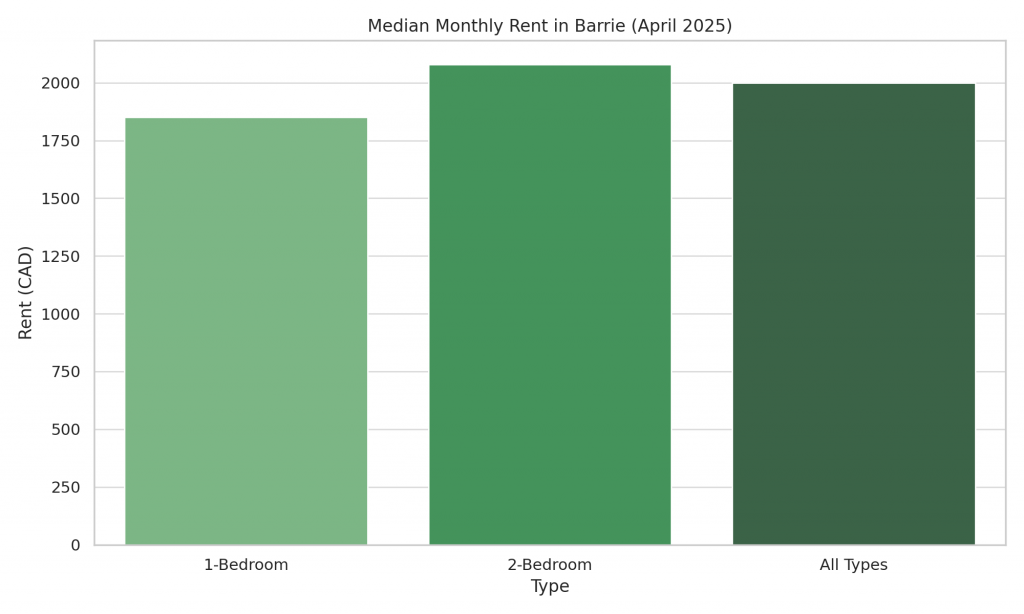
In summary, living costs in Barrie are largely driven by housing. Day-to-day expenses (food, utilities) match Ontario norms. Compared to Toronto, Barrie housing is cheaper (Toronto homes ~$1M+) but still high by Ontario standards; other costs (transport, taxes) are slightly lower than big-city levels. For an international newcomer, a single income earner might need $40-60K, while a family budget of $80-100K+ is typical (depending on rent/mortgage) to cover living comfortably.
Employment and Work Opportunities
TL;DR: Barrie has a diversified economy: manufacturing, tech, healthcare, education and retail are all significant sectors. Major local employers include the Royal Victoria Regional Health Centre, Georgian College, and various manufacturers (e.g. GE, Siemens, food processors). Commuting to the GTA is common, but many work locally.
Key industries in Barrie/Simcoe include advanced manufacturing (e.g. GE Aviation and Siemens components plants in nearby towns), life sciences/healthcare (RVH and its associated research), education/IT (Georgian College’s trades and tech programs, local IT firms), and retail (Mapleview Centre mall, big-box stores). Agriculture and tourism (camps, hotels around Lake Simcoe) also contribute seasonally. The Canadian Forces Base Borden (just north of Barrie) adds thousands of military and civilian jobs in the region.
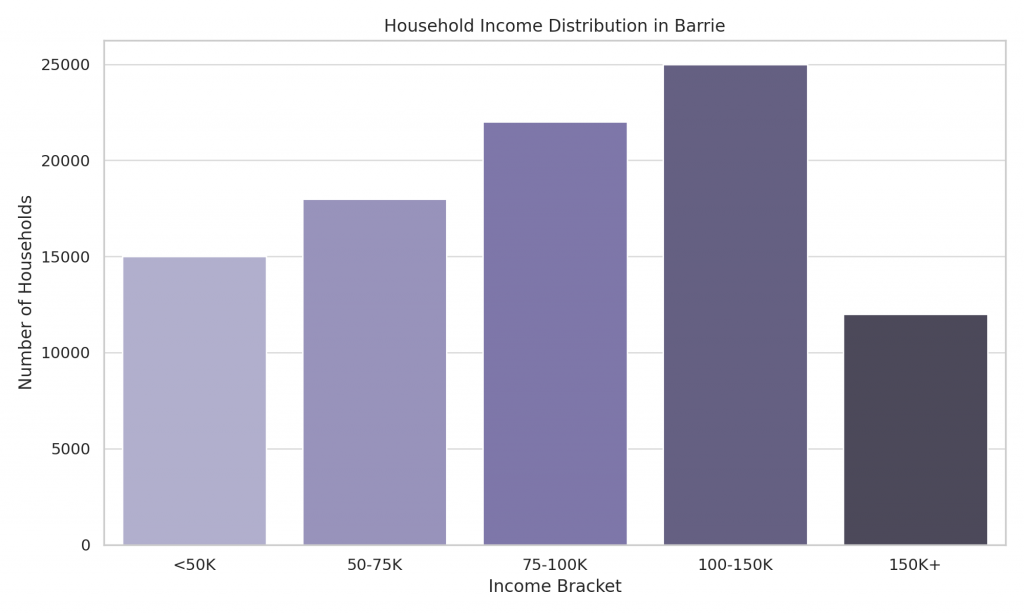
Barrie’s unemployment rate typically hovers around the provincial average (around 5%), although it can fluctuate with the economy. Recent data indicate a strengthening market: Simcoe County real estate forecasts anticipate strong buyer interest in 2025, driven by renewed buyer confidence. The city aims to foster growth: Barrie’s development plans target 150,000 jobs by 2051 (alongside nearly doubling the population).
For newcomers, job-hunting tips include networking via the Barrie & District Chamber of Commerce or online groups. Common fields: healthcare workers, educators, skilled trades, IT, hospitality, and retail are often hiring. Barrie’s proximity to Toronto (Allandale/Barrie South GO trains) means some residents commute to the GTA, but many find work right in Barrie or nearby (companies like Coca-Cola Beverages, Scott Paper, Bell Canada have regional offices). Government is also a significant employer: local administration (City of Barrie, Simcoe County offices) and school boards (education).
Quality Education Options
TL;DR: Barrie-area students attend schools in Simcoe County’s public and Catholic boards (English and French). Post-secondary education is anchored by Georgian College’s Barrie campus. Numerous private schools also operate.
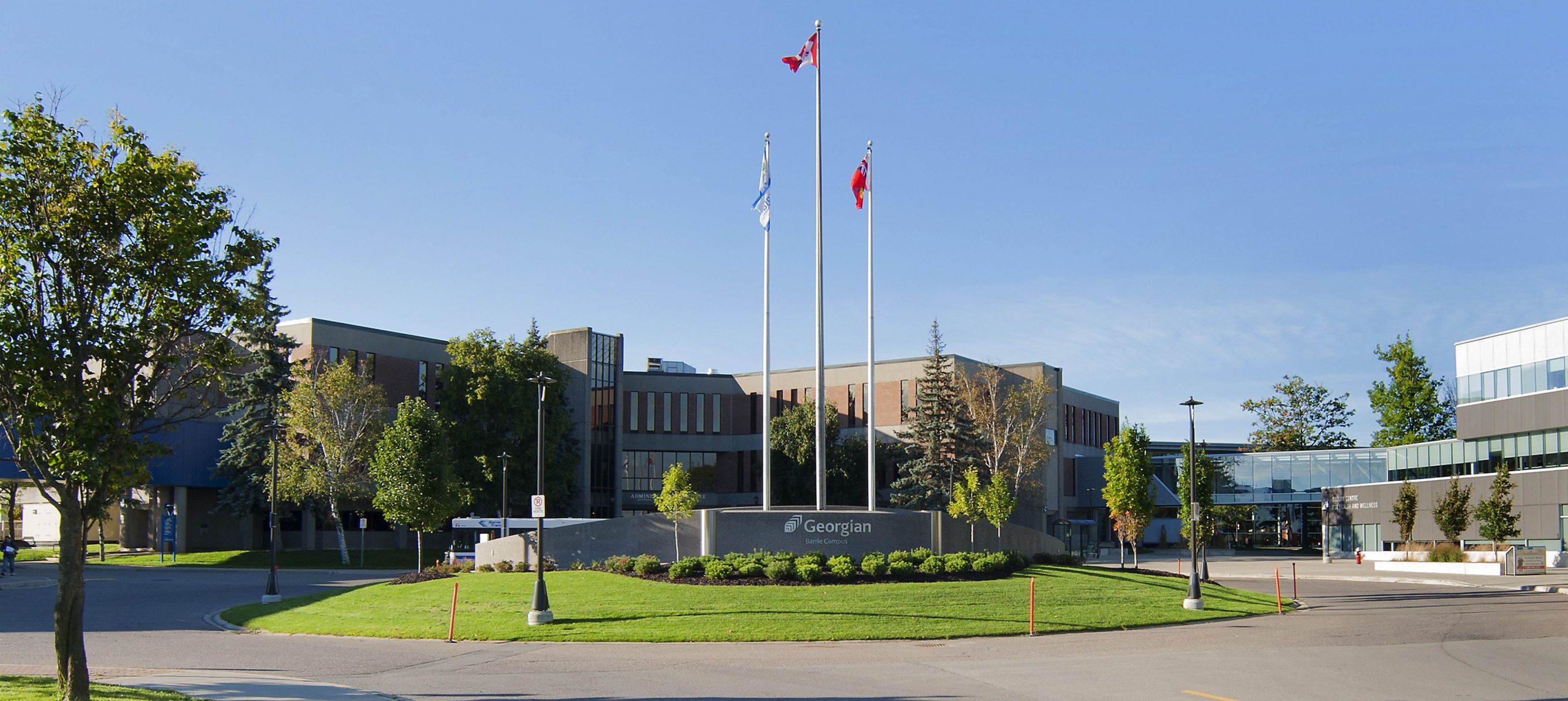
Georgian College (Barrie Campus)
Public (English) Schools – Simcoe County DSB: Barrie is served by the Simcoe County District School Board, which runs over 100 schools across the region. In Barrie itself this includes public elementary and secondary schools like Allandale Heights Public School, Ardagh Bluffs Public School, Eastview Secondary School, Innisdale Secondary School, and Bear Creek Secondary School. (See the SCDSB School Search tool or website for a full list.) All are Ontario-curriculum schools. Simcoe DSB also provides French immersion and a few alternative programs locally.
Catholic Schools (English) – SMCDSB: The Simcoe Muskoka Catholic DSB operates 53 schools (44 elementary, 9 secondary) in Simcoe-Muskoka. In Barrie this includes Catholic elementary schools such as St. Monica’s, St. Marguerite d’Youville, and The Good Shepherd, as well as Catholic high schools St. Joan of Arc Catholic High School and St. Joseph’s Catholic High School. These are faith-based schools (Ontario curriculum with Catholic values). Registration requires proof of Catholic faith (for Catholic schools) or local residence (for public).
French-Language Schools: Francophone families can access schooling through the two French-language boards. Public French schools are run by Conseil scolaire Viamonde (secular) and Conseil scolaire catholique MonAvenir (Catholic). Each board has schools in Barrie/Simcoe – for example, École secondaire catholique Roméo Dallaire and École élémentaire catholique Française d’Ottawa (for Catholic), and École secondaire Nouvel Horizon or École élémentaire Villeneuve (for secular French), although parents should check the current list as schools may be in nearby communities with bussing.
Private Schools: Several private or independent schools operate in Barrie. Examples include Barrie Prep (private high school), Rockhaven Montessori School (K-8 Montessori), and Madison Academy (Christian elementary). These schools require direct application to their individual institutions (not through the public boards). Tuition fees apply (often $10,000–$15,000+/year for high school). Some daycares and tutoring centers also provide enrichment.
Post-Secondary: Barrie’s main college is Georgian College (Barrie Campus), offering certificates, diplomas, and degrees in trades, business, health sciences, IT and more. Georgian’s Barrie campus (built around Kempenfelt Bay) has programs in nursing, engineering technology, culinary arts, etc. Many Barrie students attend Georgian or commute to nearby campuses. Barrie also hosts the Western University (Schulich Medicine) Simcoe Muskoka Regional Campus at RVH (for MD training) and some continuing-education programs by other universities. (There is no large general university in Barrie – the closest are Lakehead University and Ontario Tech University via Barrie’s Orillia campus.)
Healthcare: Hospitals and Clinic Networks in Barrie
TL;DR: Barrie’s health services center on the Royal Victoria Regional Health Centre (RVH) hospital and a network of clinics. Residents have access to a full hospital (Level III trauma), public health units, family health teams and walk-in clinics, as well as specialty care in the Simcoe-Muskoka region.
- Hospitals: The primary hospital is Royal Victoria Regional Health Centre (RVH) in Barrie (201 Georgian Dr, L4M 6M2). RVH is a large acute-care hospital (Level II/III trauma centre) serving Central Ontario. It provides emergency, surgery, maternity, critical care, mental health, and specialty services (cancer centre, cardiac care, etc.). (RVH also operates an Orillia campus for some programs.) In an emergency, Barrie residents go to RVH; for non-emergencies they are directed to family doctors or walk-in clinics. RVH is affiliated with University of Toronto’s medical school (teaching site).
- Clinics and Family Health Teams: Barrie has many family doctor offices and walk-in clinics. There are “Family Health Teams” (FHTs) – group practices often including doctors, nurse practitioners and allied health – such as Stormont Street FHT (Barrie North), Barrie South FHT, and the South Georgian Bay Community Health Centre (SGCHC) in Barrie. Georgian College also hosts a public health and wellness clinic. Walk-in clinics are found at pharmacies and community clinics (e.g. near Mapleview Mall or in suburban plazas). Health Connect Ontario (dial 811) can help connect you to services.
- Public Health: The Simcoe Muskoka District Health Unit (SMDHU) has an office in Barrie (public health inspections, immunizations, nutrition programs, etc.). SMDHU offices handle school immunization requirements and food safety inspections. For women’s health, there are also midwifery clinics and obstetrical care at RVH. Mental health and addiction services are offered through Ontario Health North (often coordinated by RVH or local agencies).
- Specialists and other care: Barrie has specialists (e.g. pediatricians, cardiologists, orthopedics, etc.) on staff at RVH. Some outpatient clinics (cardiac rehab, dialysis, etc.) are located at RVH. There are also private clinics (dentists, optometrists, physiotherapists) around the city. For oncology and certain specialized care (e.g. advanced surgery), patients may go to larger centers (RVH or to Toronto).
- Pharmacies and Allied Health: Pharmacies (like Shoppers Drug Mart, Rexall, Pharmasave) abound in Barrie and can administer flu shots/vaccines. Large pharmacies typically have a locator online. Barrie also has community paramedicine programs and home-care services via RVH and SMDHU.
For more information, the RVH website and Simcoe Muskoka Health Unit provide guides on accessing care. In general, most residents register for a family doctor, but if not, walk-in clinics and urgent care at RVH (plus telehealth 811) are widely used. (Note: new Ontario residents must apply for the Ontario Health Card (OHIP) and wait 3 months before coverage kicks in.)
Community Safety
TL;DR: Barrie is very safe. In 2023 it had the lowest Crime Severity Index (CSI) in Canada. Violent crime is rare, and property crime is moderate. Residents report feeling safe walking in most neighborhoods, even at night.
According to Statistics Canada, Barrie was ranked Canada’s safest city in 2023: its CSI was just 48.1 compared to the national average of 80.5 (source: barrie.ca)(CSI is a weighted measure of crime rate and severity.) Barrie actually improved from 2nd-lowest in 2022 to the lowest in 2023. Violent crime is especially low (Barrie’s violent CSI fell from 61.6 to 57.9 in one year). In practical terms this means few homicides or assaults, and most police calls are for minor offenses.
Residents are served by the Barrie Police Service, which maintains community patrols and programs (crime prevention, neighborhood watch, etc.), plus Ontario Provincial Police in outlying areas. The city also invests in safety initiatives (e.g. CCTV downtown, crossing guards). While no place is entirely crime-free, Barrie’s crime rates are well below provincial averages. Tourists and new residents can generally enjoy Barrie’s downtown and parks without concern, though the usual safety precautions apply (lock cars, watch belongings, etc.). Overall, Barrie’s safety and low crime is a major benefit.
Parks & Recreation
TL;DR: Barrie offers abundant outdoor recreation. From the Kempenfelt Bay waterfront and sandy beaches to hundreds of parks, trails and nearby ski hills, there’s something for every season.

Centennial Park
- Waterfront & Parks: Kempenfelt Bay is the centerpiece – parks like Centennial Park (swimming beach, picnic areas), Heritage Park (sailing centre, tennis), and Shoppers World Waterfront Conservation Area line the bay with trails and views. In downtown, Meridian Place and Pirate’s Cove Waterpark host summer events (concerts, Canada Day, Kempenfest). Heritage Dr. Park and Heritage Sports Park (south end) have sports fields and the local waterpark.
- Trails & Conservation: Barrie has many green spaces. The Ardagh Bluffs nature park (250+ acres) and Sunnidale Park/Arboretum (with mature tree trails and a small zoo) are popular for hiking and biking. The city’s Beltline Trail (on an old railway) traverses rural north Barrie. Smaller parks (Massey Park, Discovery Park) have playgrounds and splash pads. In early spring, Shanahan’s Pumpkin Farm and Maple Syrup festivals draw families to nearby Sugarbushes.
- Sports & Facilities: For sports, Barrie has multiple arenas (Sadlon Arena, Bayview Ice, Allandale Recreation Centre), sports fields (Centennial Sports Complex has baseball/softball diamonds), swimming pools and community centres. The Boyd Conservation Area (in Oro-Medonte, north of Barrie) offers skiing and tubing in winter. Golfers can choose from 10+ courses within 20 min (e.g. Barrie Country Club, Horseshoe Resort courses).
- Skiing & Winter: Barrie is minutes from ski hills: Horseshoe Valley Resort (10–15 min north) and Mount St. Louis Moonstone are major ski/snowboard areas for Southern Ontarians. Local hills like Snow Valley (Couchiching Heights) also serve beginners. After dark, the Macleod Arena and others host hockey and skating leagues. Ice fishing on Lake Simcoe is common in winter (be cautious of ice conditions!).
- Events & Culture: Barrie’s parks host annual events: Kempenfest (Bayfest) in late August features crafts and music on the waterfront, Barrie Waterfront Festival, and a holiday Barrie Santa Parade. The city also has art facilities (MacLaren Art Centre) and a theater (Theatre by the Bay, under Orillia Opera House) – all within a city that emphasizes outdoor family fun.
In short, nature and parks are a big part of life in Barrie. If you enjoy boating, hiking, camping (Wasaga Beach provincial park is 20 min south), or winter sports, Barrie is very accommodating. City of Barrie Parks Map (Official) and trail guides are available on the city website for newcomers to explore local recreation.
Relocation Tips for Moving to Barrie
TL;DR: Prepare for a smooth move by arranging housing and schooling early, getting local health/ID services, understanding winter driving, and tapping into Barrie community resources. Plan ahead and use official channels for settling in Barrie.
- Housing: Start your housing search early. If renting, you might secure a short-term furnished place (Airbnb or short-term lease) first, since long-term rentals fill up fast. If buying, get pre-approved for a mortgage and work with a local realtor. Helpful links: City of Barrie – Housing (info on zoning and programs). Check neighborhood reviews on sites like Google/Redfin. Always budget for utilities and property taxes.
- Registration & Services: Within two weeks, apply for basic services:
- Health Card (OHIP): Ontario health coverage begins after 3 months of residency. Apply through Service Ontario as soon as you can. You may want private health coverage during the waiting period.
- Driver’s License: If moving from elsewhere, get an Ontario driver’s license (usually within 60 days of moving). Book the required tests early at a DriveTest Centre (Barrie and Orillia have centers).
- Banking: All major Canadian banks have branches in Barrie. You may open a local account at TD, RBC, Scotiabank, etc. (Wells Fargo, HSBC do not have branches here, so pick a Canadian bank).
- Taxes & Legal: Barrie is in Ontario’s provincial and federal income tax jurisdictions. If you’re an immigrant, you will need a SIN (Social Insurance Number) for work. Service Canada offices are in Barrie (upstairs at 49 Mapleview Dr W).
- Schools & Daycare: If you have children, register for school as soon as possible – either through the SCDSB or SMCDSB depending on your preference (Catholic vs public) and eligibility. Watch the school board websites for registration dates (usually in spring for the fall semester). Also arrange daycare or preschool if needed – Barrie has many licensed daycare centers (search the provincial daycare registry for spots near you).
- Employment: If you need a job, start early: update your resume with Canadian references (if any) and explore BarrieAdvance or the city’s job board. Networking helps: join local business groups (Chamber of Commerce) or LinkedIn. Consider commuting possibilities – the Barrie GO Train (via Allandale or Barrie South stations) connects to Toronto if you’re considering GTA jobs.
- Transportation: Learn the local roads – during winter, Ontario law requires winter tires (Dec–Mar). If you drive, budget for winter tires and snow removal tools. Barrie Transit’s buses serve the city (standard adult fare ~$3.00). The Barrie Transit website lists routes and how to buy passes. For Toronto trips, the GO Trains run hourly (rush hours more frequently). The Barrie South GO Station is by HW 400/Mapleview, and Allandale GO is in downtown.
- Weather Prep: Barrie has cold snowy winters. Prepare by buying warm clothing (Layering is key: winter coat, boots, gloves, etc.) and learning to drive on snow. Sidewalks are plowed by the city, but parking lots and hills will require care. Summers are warm and pleasant, so also have summer attire. Humidity in summer can be high (it’s Ontario), and mosquitoes can be bad by the lake, so bug spray is handy.
- Community & Lifestyle: Get to know your community. Join groups on Facebook or Meetup for “Barrie newcomers” or your cultural/linguistic communities. The City of Barrie website and Simcoe County immigration site have resources. Consider visiting the local library (Barrie Public Library) – they often have newcomer orientation or English classes. Community centers and YMCAs may offer friendship and exercise programs. Barrie’s religious and cultural organizations (churches, temples, mosques, cultural associations) can also be a great way to meet people from your background.
- Essential Contacts: Some key resources – Barrie City Hall (70 Collier St) for municipal info, Service Barrie (705-739-4220) for city inquiries, Simcoe Muskoka District Health Unit, and the Immigration, Refugees and Citizenship Canada (IRCC) offices or toll-free line (for immigration paperwork). Also note: Barrie’s hospitals (RVH) have patient registration lines if you need to find a family doctor or home care.
- Enjoy the City: Take advantage of Barrie’s lifestyle. Join a recreational sports league, explore Kempenfelt Bay, or attend events like Kempenfest or the Barrie Film Festival. The Allandale Station Farmers’ Market (summer) and local fairs are fun ways to meet people. Once settled, consider volunteering (police auxiliary, library, shelters) – it’s a great way to integrate and understand Canadian workplace culture.
Moving can be stressful, but Barrie is a welcoming community. Use official sources (city or board websites) for the most accurate info, and don’t hesitate to ask questions of neighbors and coworkers. With planning (and warm winter boots!), you’ll be ready to enjoy life in Barrie.

Ready to Move to Barrie?
Takeoff Moving Company is your trusted relocation partner. From Toronto to Barrie or international arrivals, we offer tailored solutions from packing to storage to moving, all to meet every budget and timeline.
- 📦 Local and long-distance moves
- 🌐 International relocation support
- 🛠️ Packing, unpacking, and storage options
- 📍 Trusted by families, students, and professionals
Frequently Asked Questions
Is Barrie a good place to live in 2025?
Yes, Barrie offers a growing economy, affordable living, and close proximity to Toronto, making it ideal for families and professionals.
What are average housing prices in Barrie?
As of early 2025, the average home price in Barrie is around $735,000, lower than the GTA average.
Are there good schools in Barrie?
Barrie is home to Georgian College and several highly rated public and private elementary and secondary schools.





